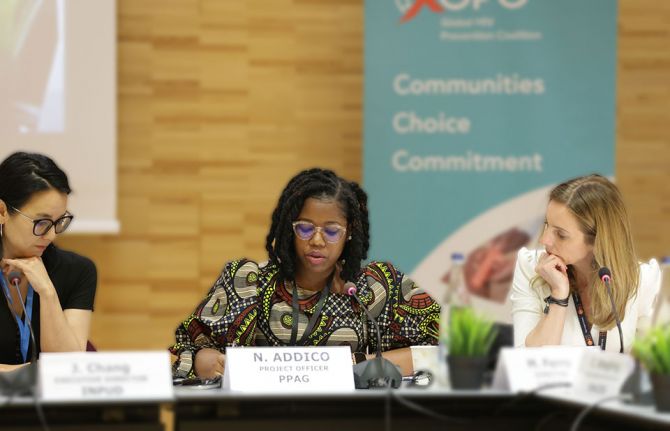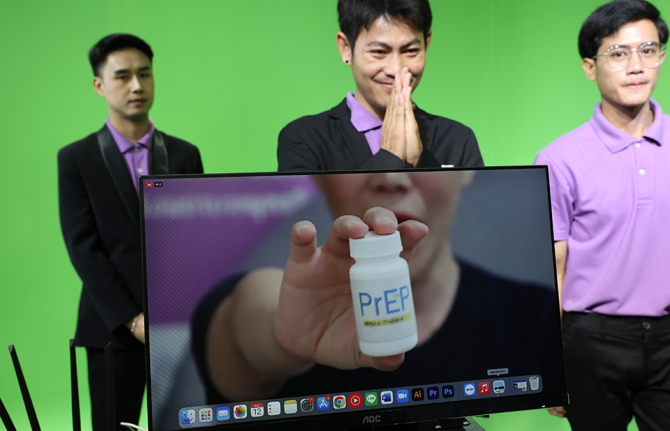
Feature Story
Safe sex during the 2010 World Cup
08 июня 2010
08 июня 2010 08 июня 2010
As the 2010 World Cup kicks off this Friday, thousands of football fans will arrive in South Africa to cheer on their favourite teams.
HIV awareness and prevention is also a high priority during this time. HIV can spread particularly among young people, through the dangerous combination of alcohol and unsafe sex.
As HIV can be spread through unprotected sex, condoms are vital to protecting people from HIV infection. Male and female condoms are the most efficient, available technologies to reduce the sexual transmission of HIV and other sexually transmitted infections.
And to reduce the risk of HIV transmission, advocates count on making condoms readily available. Previously successful campaigns have included free condoms in match venues, hotels, stadiums, bars, and clubs. As one fan said, “condoms are more useful with me than in a warehouse.”
Condoms are a key component of the combination prevention package to reduce the sexual transmission of HIV. Other components include delay of sexual initiation, abstinence, being mutually faithful to each other when both partners are uninfected, and reducing the number of sexual partners.
UNAIDS commends the South African government’s commitment to distribute condoms during the World Cup. We support the efforts carried out by the South African National AIDS Council (SANAC) and civil society groups, including the Treatment Action Campaign and AIDS Consortium, to ensure that condoms and HIV information are made widely available during the tournament.
Each day, 7 400 people are infected with HIV worldwide. In South Africa, the host of this year’s World Cup, 5.7 million people are living with HIV ─ the largest number worldwide.
|
Quick facts about youth and HIV:
|
Right Hand Content
Feature stories:
Ahead of World Cup, national team captains appeal: “Give AIDS the red card” (07 June 2010)
Danny Jordaan and UNAIDS Executive Director discuss global AIDS outreach around FIFA 2010 World Cup in South Africa (04 December 2009)
Publications:
World Cup Appeal to prevent mothers from dying and babies from becoming infected with HIV (pdf, 357 Kb.)
Related
 Young role models combat HIV stigma in Central Asia
Young role models combat HIV stigma in Central Asia

22 июня 2023 года.
 The urgency of HIV prevention among adolescent girls and young women
The urgency of HIV prevention among adolescent girls and young women

01 июня 2023 года.
 Thailand’s Mplus: HIV services delivered in style
Thailand’s Mplus: HIV services delivered in style

13 декабря 2022 года.
